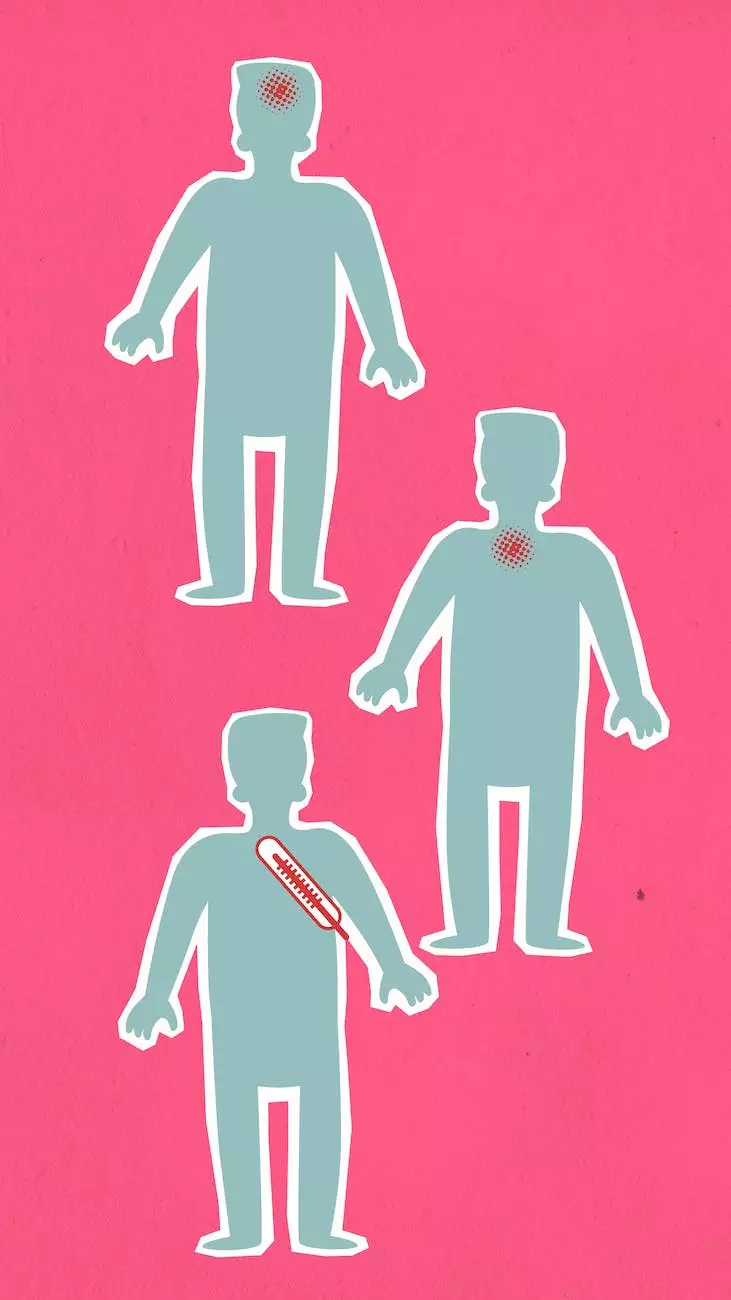Why the Flu Makes You Feel So Miserable
Blog
Understanding the Flu
The flu, short for influenza, is a highly contagious viral infection that primarily affects the respiratory system. It is caused by influenza viruses and can result in mild to severe illness, and in some cases, even death. The flu season typically occurs during the colder months, from fall to spring, and affects millions of people worldwide.
Flu Symptoms
When you catch the flu, your body undergoes a series of physiological changes that lead to the characteristic symptoms. These symptoms often include:
- High fever
- Coughing
- Sore throat
- Runny or stuffy nose
- Muscle and body aches
- Headache
- Fatigue and weakness
- Chills and sweats
The severity and duration of these symptoms may vary from person to person, but they generally make you feel incredibly uncomfortable and can significantly impact your daily life.
Why Does the Flu Make You Feel So Miserable?
The flu virus attacks your respiratory system, primarily targeting the nose, throat, bronchial tubes, and lungs. It infiltrates your body's cells, causing them to produce more viruses, ultimately leading to an immune response from your body to fight off the infection. This immune response is responsible for the symptoms that make you feel miserable.
When your immune system detects the presence of the virus, it releases chemicals called cytokines. These cytokines play a crucial role in activating the immune system's inflammatory response as a defense mechanism. However, the excess production of cytokines can result in excessive inflammation and tissue damage, leading to the flu's more severe symptoms.
Complications from the Flu
While most people recover from the flu without complications, certain individuals, such as young children, older adults, pregnant women, and those with weakened immune systems, are at higher risk of developing complications. Some of these complications include:
- Pneumonia
- Sinus and ear infections
- Worsening of chronic medical conditions (e.g., asthma, diabetes)
- Myocarditis (inflammation of the heart)
- Encephalitis (inflammation of the brain)
- Muscle inflammation and breakdown
It is crucial to seek medical attention if you experience severe symptoms or fall into one of these high-risk categories to prevent these complications and ensure proper treatment.
Prevention and Treatment
Preventing the flu is the best way to avoid feeling miserable. Here are some preventive measures you can take:
- Get vaccinated: Annual flu vaccines are the most effective means of preventing the flu.
- Maintain good hygiene: Regularly wash your hands with soap and water, avoid touching your face, and cover your mouth when coughing or sneezing.
- Avoid close contact: Minimize contact with individuals who are sick, and if you're sick, stay home to avoid spreading the virus.
- Boost your immune system: Eat a healthy diet, exercise regularly, get enough sleep, and manage stress to support a robust immune system.
If you do catch the flu, the following treatments can help alleviate symptoms and reduce the duration of illness:
- Antiviral medications: These prescription medications can help reduce the severity and duration of flu symptoms.
- Over-the-counter pain relievers and fever reducers: Medications such as acetaminophen or ibuprofen can help reduce fever, relieve body aches, and alleviate other symptoms.
- Rest and hydration: Getting plenty of rest and staying hydrated can help your body recover more quickly.
In Conclusion
The flu can make you feel incredibly miserable due to the immune response and resulting inflammation it triggers. Understanding its symptoms, complications, and preventive measures can help you mitigate its impact on your health. At Bowling Orthopaedics, we strive to provide comprehensive information on the flu and other health-related topics to empower individuals to make informed decisions about their well-being. Stay informed, stay healthy!




